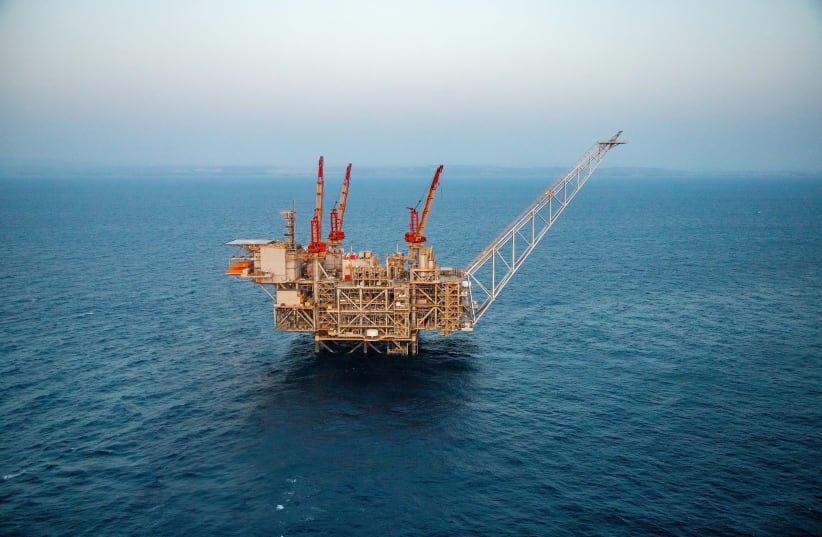The court stressed that, according to Jordan's constitution, only the king can declare war or ratify treaties and agreements. International agreements that were ratified are binding on the state as long as they are in force, and a law cannot be issued amending or abrogating such agreements.
The decision issued on Wednesday also stressed that treaties and agreements that cause the state's treasury to be charged with any of the expenses or cause any prejudice to the public or private rights of Jordanians do not become effective unless approved by the Jordanian Parliament.
The decision was made in response to a question by the Jordanian government concerning a parliamentary proposal to cancel the natural gas deal with Israel.
Jordan’s National Electric Power Company (NEPCO) signed a 15-year agreement with Noble Energy to purchase $10 billion worth of natural gas in September 2016. The Constitutional Court in Jordan had ruled that the deal doesn’t need to be approved by the Jordanian parliament.
The first natural gas pipeline from Israel to Jordan was constructed in the Sodom area by the Dead Sea in 2017, aiming to supply gas from the Tamar reservoir to private customers in Jordan. A second pipeline in the Beit She’an area will supply gas from the Leviathan reservoir to NEPCO.
In December, Jordanian citizens and politicians protested the planned transfer of gas between the two nations, as experimental supplies of natural gas were pumped from Israel's Leviathan gas field to Jordan by the Noble Energy Company.
Energy Minister Yuval Steinetz discussed the start of the gas flow to Jordan with Ynet news, saying that "with this, Israel is becoming for the first time in its history, an energy exporter."
Two electrical transformers servicing a gas transfer station intended to transport gas from the Leviathan field into Jordan were torched by unidentified people in Irbid, northern Jordan in December.
According to Sky News Arabia, this was not the first attack against the gas transfer station in Irbid.
At the time, Jordan’s parliament filed an urgent memo requesting that a law be drafted to ban the import of gas from Israel, according to Asharq Al-Awsat. Dozens of activists held a protest in front of the parliament, calling for a cancellation of the gas trade deal.
In March, the Jordanian House of Representatives declared its “utter rejection” of the deal and requested that it be “canceled at any cost.”
In July, MP Tariq Khoury called on Jordanians to “sign a code of honor to blow up the gas pipeline from Israel to the land of Jordan,” according to the Palestinian Quds news agency.
“Every free man in Jordan must sacrifice himself and his children to blow up a gas line that passes through Jordanian territory; we are all martyrs of the project,” said Khoury in a speech during a press conference to reveal details about the gas agreement.
